Pomegranate Juice: Important Facts, Health Benefits, and Recipes
Explore the health benefits, uses, and history of pomegranate juice in our ultimate guide, and learn how to store, substitute, and incorporate this juice into your daily life.
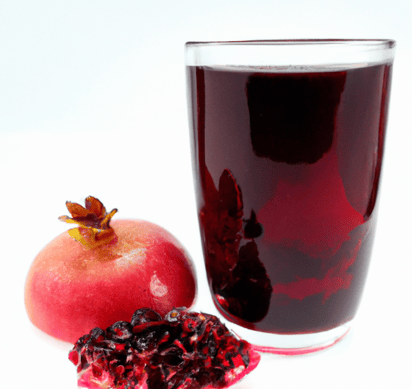
Nutritional Facts
1 cup
Amount per serving
Calories
134.5
Carbohydrates
32.7 g
Fat
0.7 g
Protein
0.4 g
Saturated Fat
0.2 g
Sodium
22.4 mg
Fiber
0.2 g
Sugar
31.5 g
Best Pomegranate Juice Recipes
-
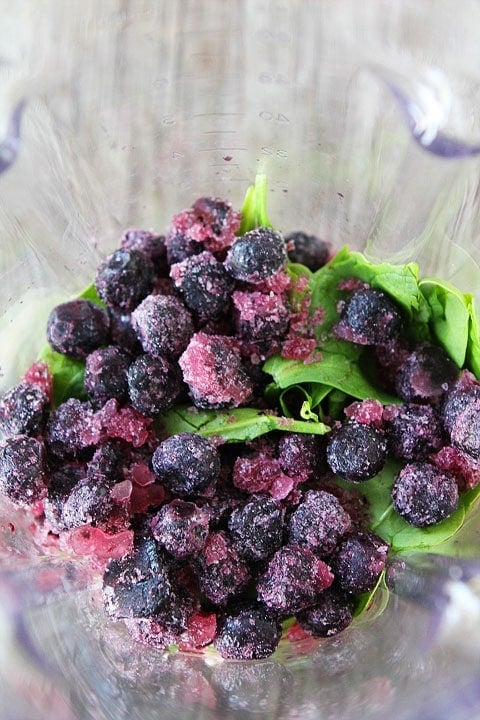
-
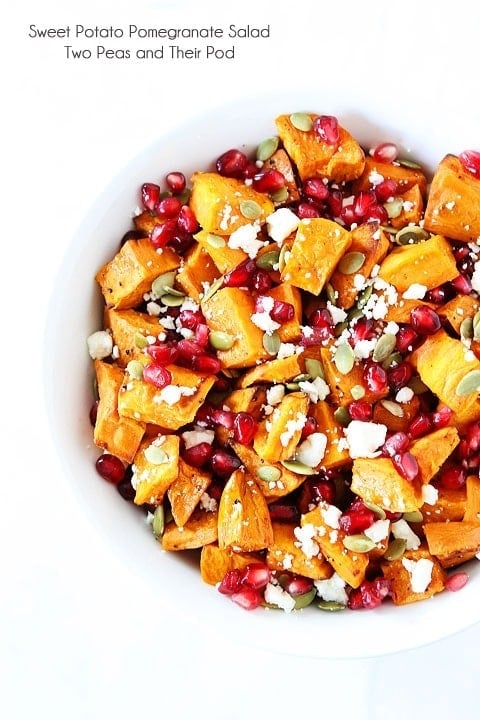
-
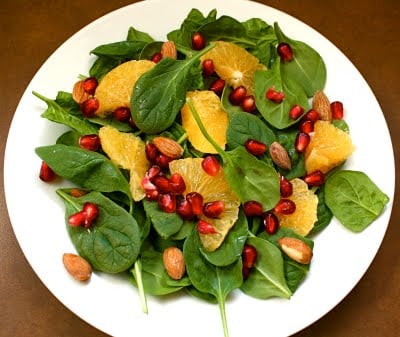
-

-

-

-

-

-
![Pomegranate Punch Image]()
-
![Poached Pears with Yogurt Image]()
-
![Arugula with Pomegranates, Blue Cheese and Pistachios Image]()
-
![Pomegranate Martini Image]()
-
![Mixed Baby Greens with Pomegranate, Gorgonzola and Pecans Image]()
-
![Strawberry Pom Mojito Image]()
-
![Blueberry Pomegranate Smoothie Image]()
-
![Orzo Pasta Salad with Feta Cheese and Cranberry Pomegranate Vinaigrette Recipe Image]()
-
![Pomegranate Yogurt Smoothie Image]()
-
![Pomegranate Citrus Quinoa Salad and Cranberry Pomegranate Vinaigrette Image]()
-
![Blueberry Pomegranate Hibiscus Pops #PerfectTemp Image]()
-
![Pomegranate Mimosas Image]()
-
![Gin Levy Bevvy Image]()
-
![Pomegranate Flip Cocktail Image]()
-
![Pomegranate Coffee Cake Image]()
-
![Terry's Rainbow Smoothie Image]()
-
![Three Oatmeal Variations Image]()
-
![Pomegranate Raspberry Dressing Salad Image]()
-
![Pomegranate Sticky Chicken Image]()
-
![Pama Party Punch Image]()
-
![Smoked Red Pepper-Walnut Dressing Image]()
-
![The Best Mimosa (Plus Tips & Variations!) Image]()
-
![Champagne Punch Image]()
-
![Lamb, Kale, and Pomegranate Salad Image]()
-
-
![Bacon Wrapped Pork Tenderloin with Pomegranate Honey Glaze Image]()
-
![Mrs. Claus' Wildside Tequila Punch Recipe Image]()
-
![Easy Homemade Grenadine Recipe Image]()
-
![Easy Pomegranate-Cranberry Champagne Punch Recipe Image]()
-
![Mixed Greens Pomegranate Salad Image]()
-
![Roasted Butternut Squash Salad Image]()
-
![Pork Chops with Pomegranate Glaze Recipe Image]()
-
![Roasted Brussels Sprouts with Pomegranate Glaze Recipe Image]()
-
![Pomegranate Mimosa with Hard Cider Recipe Image]()
-
![How to Make Kombucha at Home Image]()
-
![Blueberry Pomegranate Cosmopolitan Recipe Image]()
-
![Pomegranate Jelly Recipe Image]()
-
![Pot Roast with North African Spices Recipe Image]()
-
![Pomegranate Paloma Recipe Image]()
-
![Pomegranate Mojito Mocktail Recipe Image]()


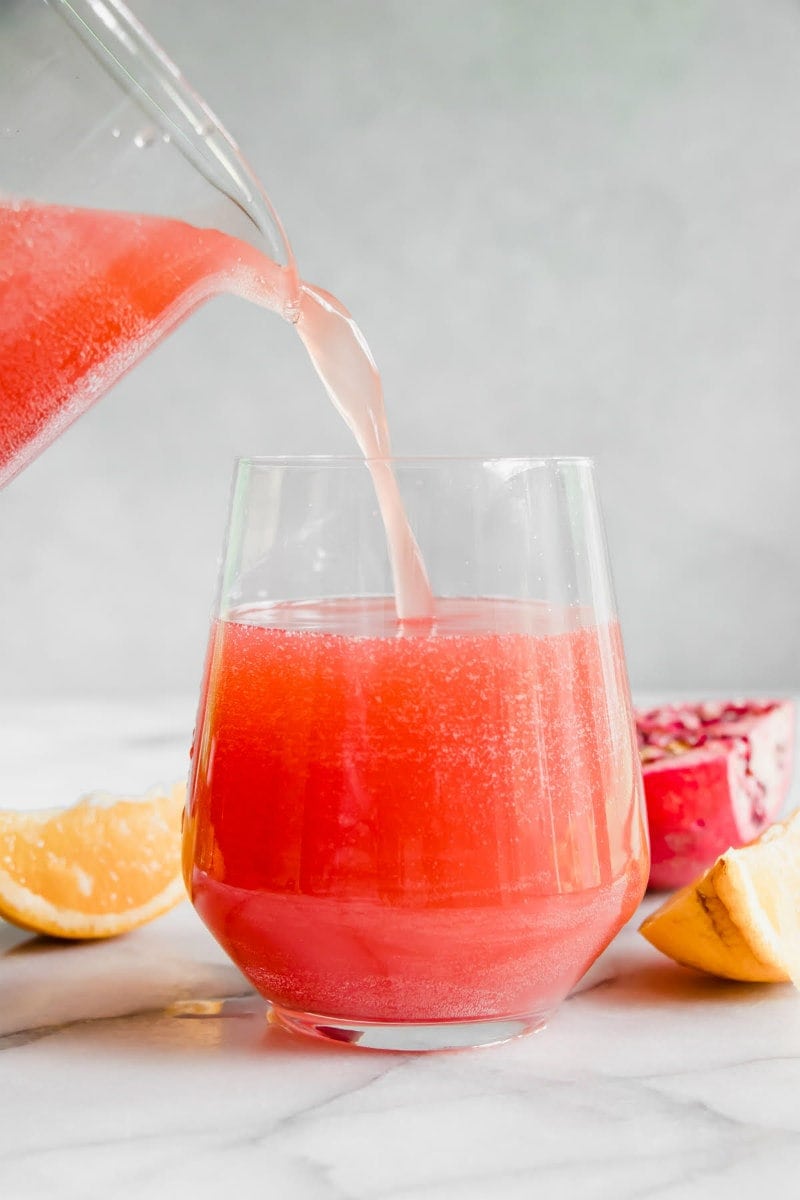





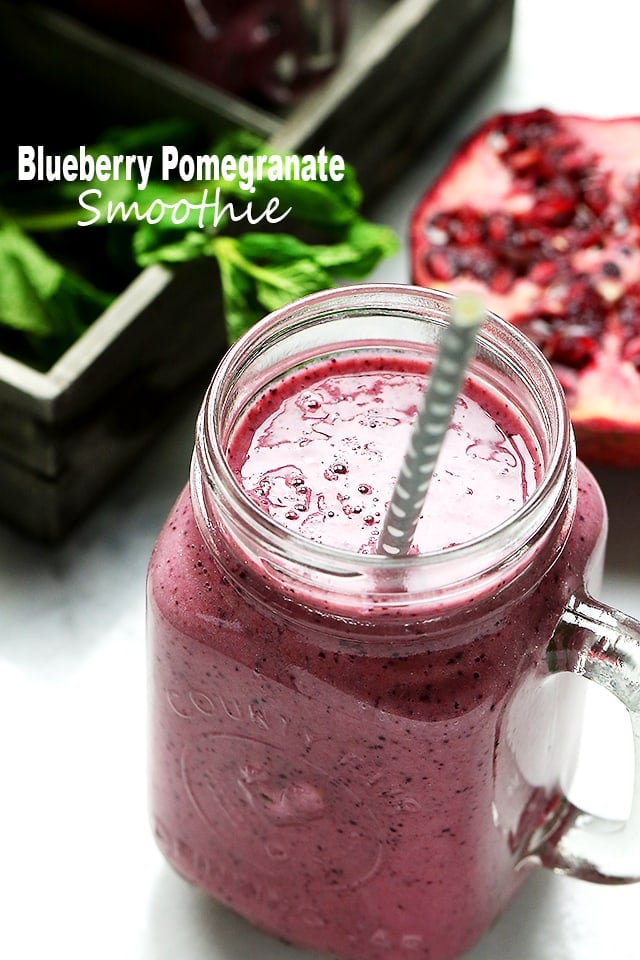
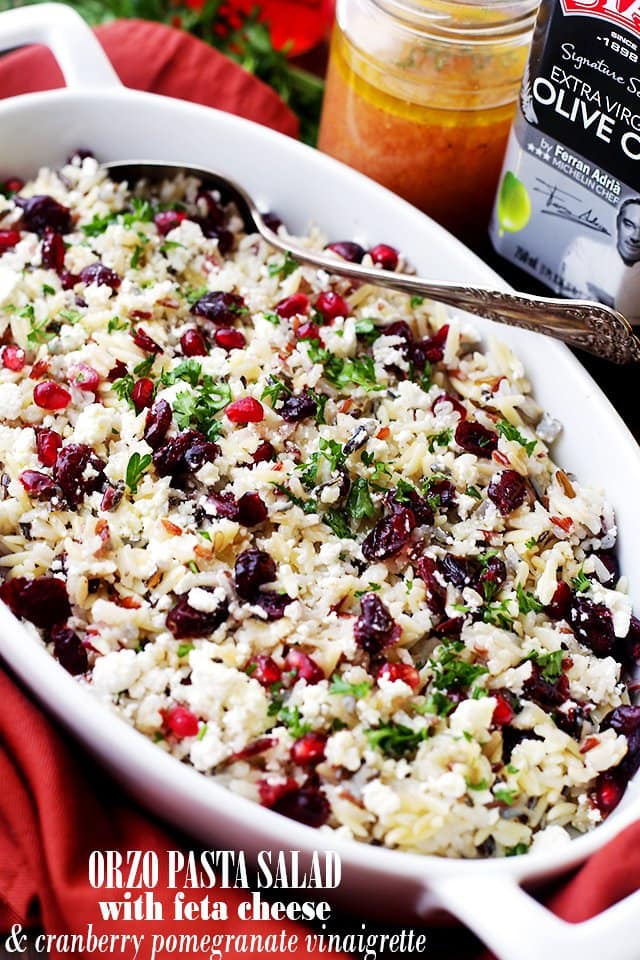
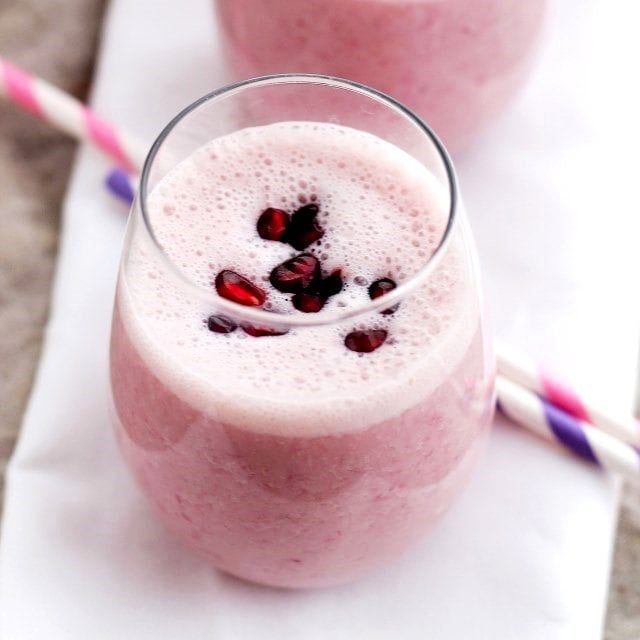
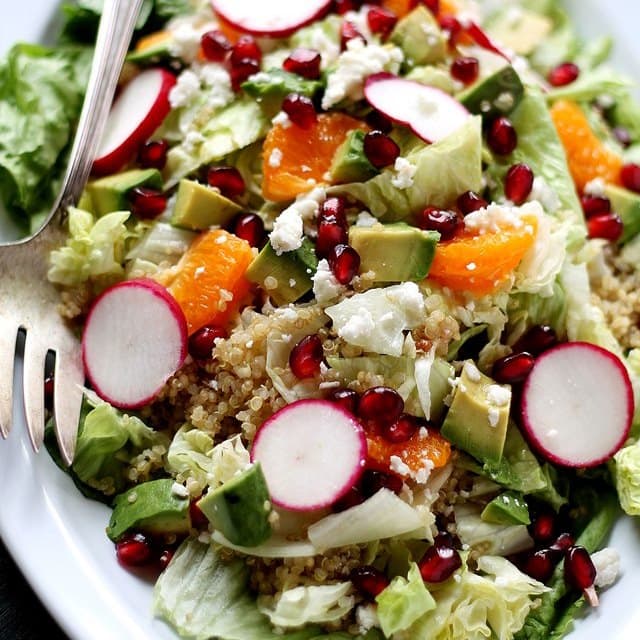






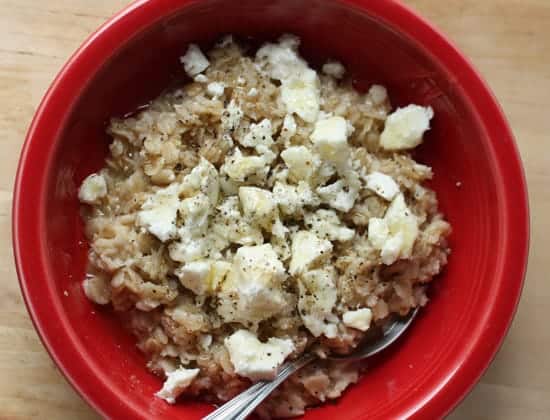


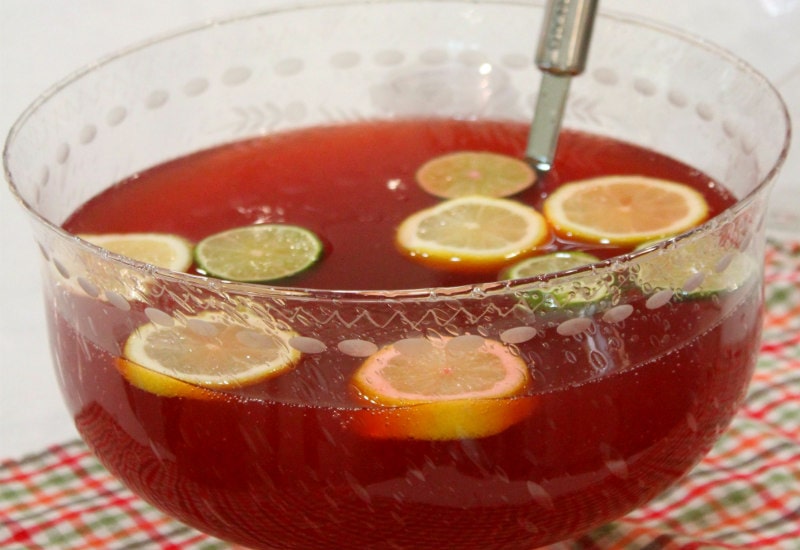
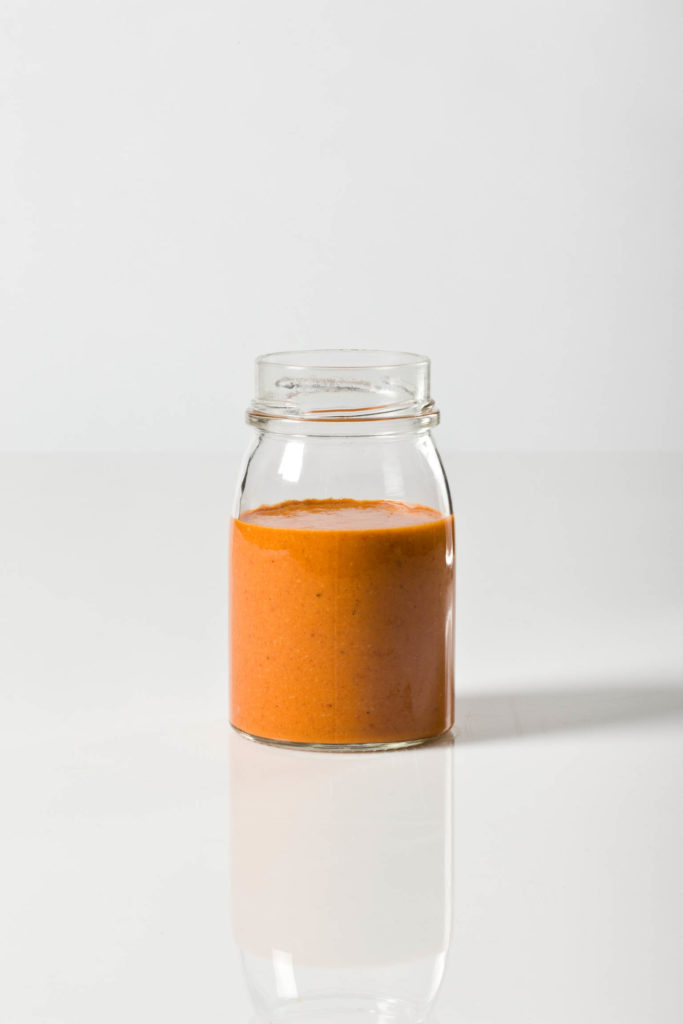




:max_bytes(150000):strip_icc()/MrsClausWildsidePunch-153936419-56a172b95f9b58b7d0bf5fe9.jpg)
:max_bytes(150000):strip_icc()/SES-how-to-make-your-own-grenadine-760291-hero-0213-e84d03e679a24b4b8f245da96388f856.jpg)
:max_bytes(150000):strip_icc()/champagne-punch-recipes-759621-Hero-5b8c572d46e0fb0050fc1cdf.jpg)
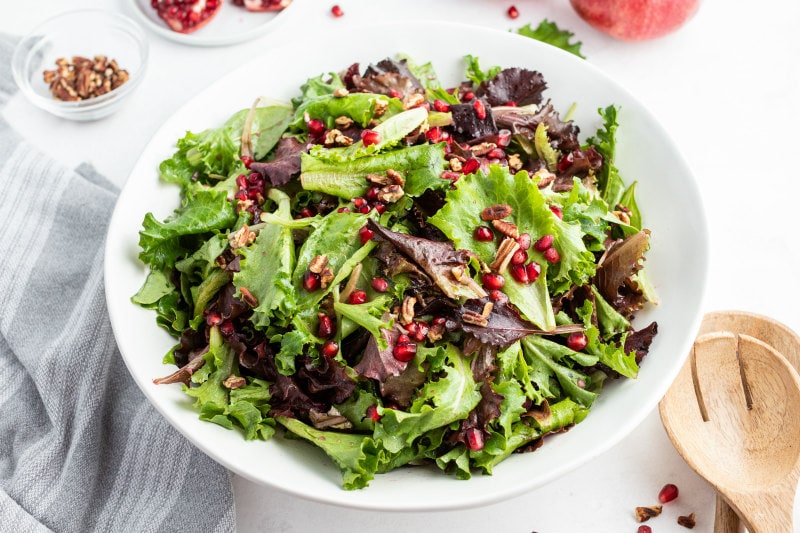

:max_bytes(150000):strip_icc()/__opt__aboutcom__coeus__resources__content_migration__simply_recipes__uploads__2016__12__2016-12-12-Pom-Pork-Chops-4-f7559364703743718a2da9c4ab7e82dc.jpg)
:max_bytes(150000):strip_icc()/__opt__aboutcom__coeus__resources__content_migration__simply_recipes__uploads__2016__10__2016-11-14-BrusselsSprouts-2-30e6009ad01d4357a4834b7e46cdbd68.jpg)
:max_bytes(150000):strip_icc()/__opt__aboutcom__coeus__resources__content_migration__simply_recipes__uploads__2020__05__Pomegranate-Mimosa-LEAD-1-e4e6818e869749c8a66cddd70362d3b0.jpg)
:max_bytes(150000):strip_icc()/__opt__aboutcom__coeus__resources__content_migration__simply_recipes__uploads__2020__04__How-to-Make-Kombucha-LEAD-16-38f65524a57b4eed9fcacc4ea02d78b3.jpg)
:max_bytes(150000):strip_icc()/__opt__aboutcom__coeus__resources__content_migration__simply_recipes__uploads__2019__06__Pomegranate-Blueberry-Cosmo-LEAD-1-1-8bd9d864661546419f7ea4df63c8d341.jpg)
:max_bytes(150000):strip_icc()/__opt__aboutcom__coeus__resources__content_migration__simply_recipes__uploads__2004__11__pomegranate-jelly-horiz-a-1280-30185fcb5c094a8f8f55dcd59f17fa99.jpg)
:max_bytes(150000):strip_icc()/__opt__aboutcom__coeus__resources__content_migration__simply_recipes__uploads__2017__12__moroccan-pot-roast-horiz-a-1800-fbe20df1b856450699c4d410e17722fc.jpg)
:max_bytes(150000):strip_icc()/__opt__aboutcom__coeus__resources__content_migration__simply_recipes__uploads__2017__12__pomegranate-paloma-horiz-a-ff159722594b457584269c3a8bbd2287.jpg)
:max_bytes(150000):strip_icc()/holiday-pomegranate-mojito-recipe-760346-hero-3baad7c00ac743328d74be3b9f03f372.jpg)